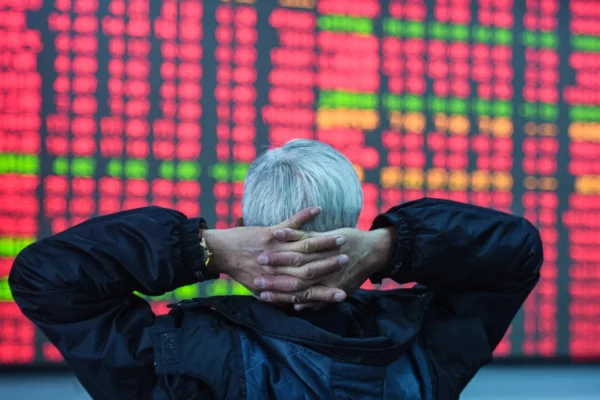The Chinese Communist Party’s Central Economic Work Conference concluded yesterday (12th) with an emphasis on expanding domestic demand, stabilizing the housing and stock markets, increasing the fiscal deficit rate, and implementing a moderately loose monetary policy, among other measures. However, the market responded poorly, with both the Shanghai Composite Index and the Hang Seng Index opening lower today.
According to state media CCTV News, the Central Economic Work Conference of the Chinese Communist Party was held in Beijing from the 11th to the 12th. Xi Jinping and six other members of the Standing Committee attended the meeting.
The conference mentioned that China’s economy still faces many difficulties and challenges, but claimed that the “long-term support conditions and basic trends of China’s economy remain positive.”
The official release did not offer any new initiatives, reiterating the need to adhere to the general principle of seeking progress while maintaining stability, expanding high-level opening to the outside world, boosting domestic demand, stabilizing the housing and stock markets, preventing and resolving key risks and external impacts, promoting sustained economic recovery and improvement, and announcing the implementation of a “moderately loose monetary policy” next year.
On December 13th, both the Shanghai and Hong Kong stock markets opened lower. By 10:40 a.m., the Shanghai Composite Index fell by -45.75 (1.32%), and the Hang Seng Index fell by -303.96 (1.49%).
Regarding the conference, Beijing senior journalist Gao Yu wrote on social media X: “Lack of new measures, nothing remarkable, basically old talk, clichés.”
Cai Shenkun, a Chinese independent commentator living in the United States, told Radio Free Asia that since the decline of the Chinese economy, the Chinese authorities have continuously introduced policies to boost the economy, trying various tools. However, as these policies are like stimulants and contradictory, they have not been effective.
Cai Shenkun expressed that the Chinese regime is resorting to using administrative resources to stabilize the real estate and stock markets, distorting market economics, as if allowing people to enter a gambling den, rather than respecting market laws. An economy controlled by using power will inevitably lead to an inescapable deadlock. However, Xi Jinping is either unwilling or unable to recognize that China’s economic crisis is, in fact, a political crisis.
On overseas platform X, netizens mocked the official release:
“Maintaining social harmony and stability,” just the mention of this phrase is chilling.
Being indecisive is of no help.
There is not a single mention of increasing employment and raising people’s incomes.
Without systemic changes, there is no cure for the Chinese economy.
Further comprehensive reform and expanding high-level opening to the outside world; this…
The Central Economic Work Conference on Thursday failed to implement the previous boasts and fell significantly short of expectations. It’s time to call it a day.
Starting strong but ending weak, continuing to stabilize the exchange rate has led to the decline of A-shares and Hong Kong stocks, retracting the grand promises made earlier.
At the Central Political Bureau meeting on December 9th, senior Communist Party officials promised to implement a more active fiscal policy and moderately loose monetary policy to stimulate the continuously declining economy.
This was also the first time in 14 years that the Communist Party had relaxed its monetary policy. However, on the same day, the Chinese stock market fell.
David Wong, an economic scholar living in the United States, believes that emphasizing a moderately loose policy in such a severe crisis is merely a temporary fix.

